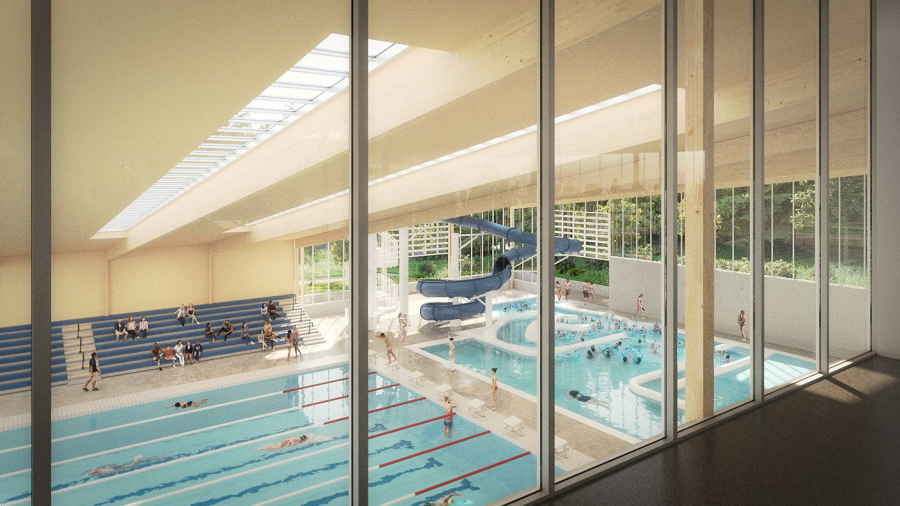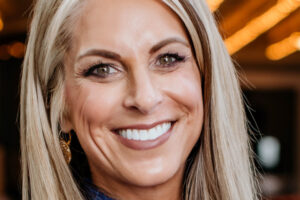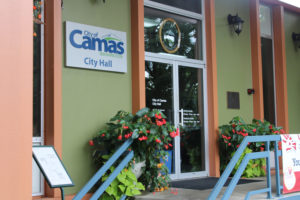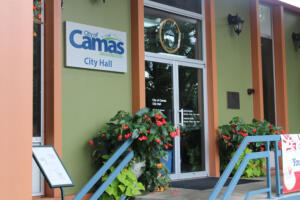“There have been a lot of studies, but no actions,” Camas City Councilman Greg Anderson told his council peers in April when the group first brought up the idea of bringing a community center bond proposal to voters in the next general election. “I would rather do something and fail than do nothing.”
Anderson, who has lived in Camas for 26 years and been a member of the city council for more than 22 years, said the idea of building a community center in Camas was something that had been kicked around as long as he could remember.
Three months later, Anderson and the rest of the Council agreed to put a proposition on the Nov. 5, 2019 General Election ballot that would allow the city to issue general obligation bonds in an amount up to $78 million for the construction of a new community-aquatics center and renovation of three Camas sports fields.
Steve Hogan, another longtime Camas city councilman who had seen the idea of a Camas community center pop up several times in his 14 years on council, agreed the issue was ready to come before voters.
“It’s time to move forward with something,” Hogan said in July. “A lot of good people over the years have tried to get this on the table.”





